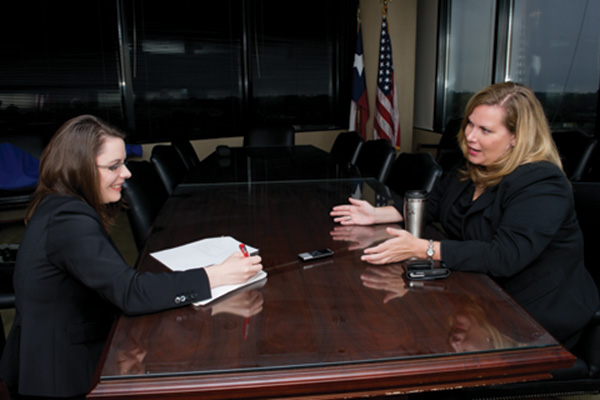 I got my first cellphone when I began my freshman year at UNT in 1996. The calling plan was pricy, so that phone was for emergency use only. I stashed the phone in the glove compartment of my car and rarely touched it.
I got my first cellphone when I began my freshman year at UNT in 1996. The calling plan was pricy, so that phone was for emergency use only. I stashed the phone in the glove compartment of my car and rarely touched it.
In my interview with Assistant U.S. Attorney Mandy Griffith for a profile in The North Texan alumni magazine, she and I reminisced about the clunky technology of our college days. (Our undergraduate years at UNT overlapped a bit, although we didn't know each other then.) I told her about my emergency cell phone; she told me about pagers she carried.
How times have changed. Now, my iPhone is like an appendage; I use it every day. These days, smartphones are common, Internet access seems to be almost everywhere, and even toddlers know how to use iPads and iPhones. Technology makes our lives so much easier in so many ways. But in her role prosecuting child sexual exploitation cases, Griffith sees the atrocities of technology in the wrong hands.
More about
Mandy Griffith
As a mother myself, I asked Griffith how parents can protect their kids in today's age of exploding technology. She says parents should start talking to their kids about Internet safety at a young age. Tell kids about the long-term consequences of information going viral, she says. She reminds parents, "It's OK to be a parent." And she tells kids, "There's no constitutional right to a cellphone."
After all, some of us did survive without cellphones.
Parents, get more Internet safety tips from Project Safe Childhood.


